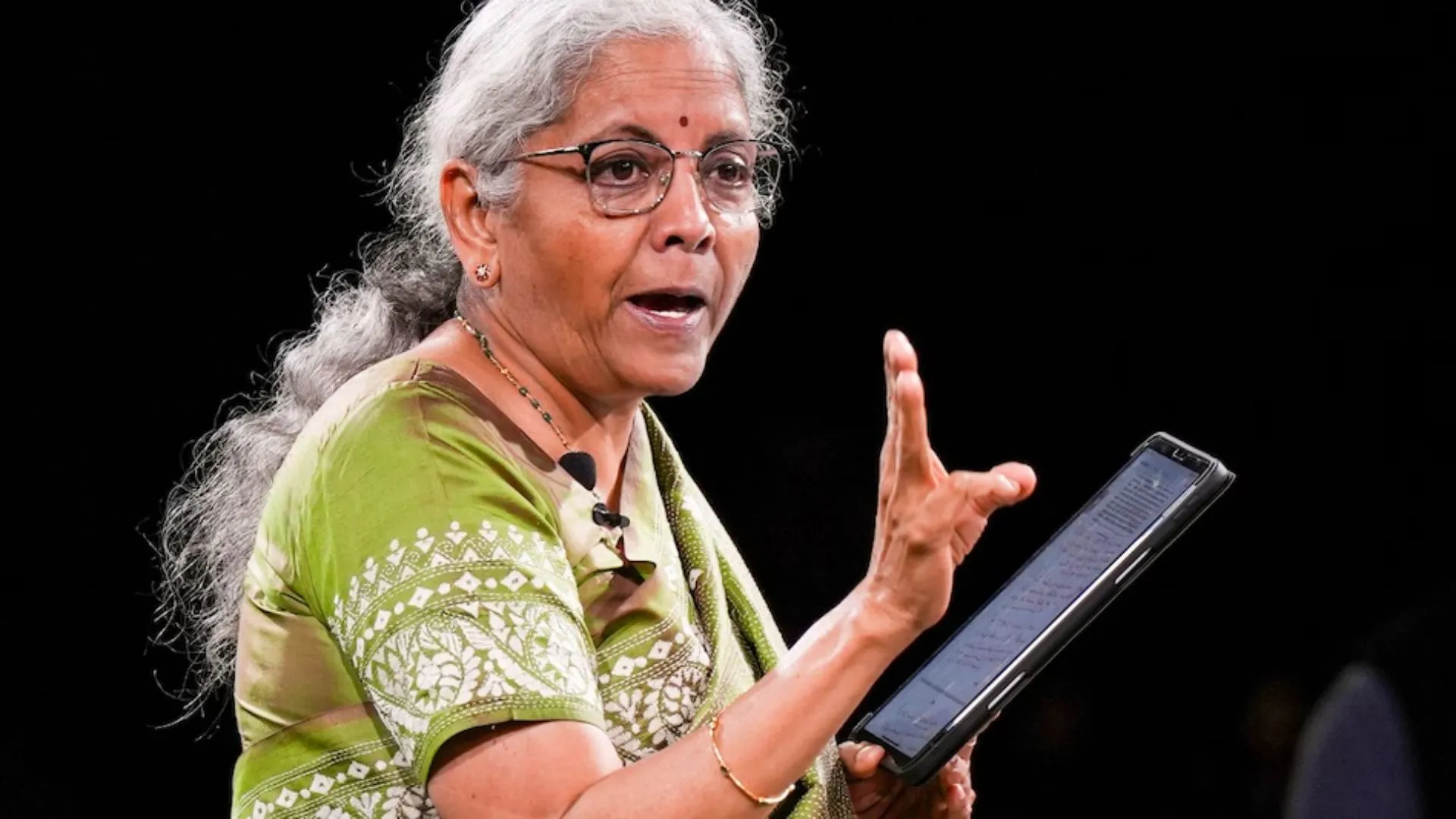Union Finance Minister Nirmala Sitharaman highlighted the adverse effects of global conflicts on economies, emphasizing that wars disrupt supply chains and drive inflation, which has become a “big challenge” for all nations. Speaking at the Global Economic Policy Forum, she urged global stakeholders to collaborate in restoring normalcy and settling geopolitical disputes, warning that the decade could be “frittered away” without decisive action. “No way can there be enough justifiable reason for skirmishes or war,” she remarked, pointing to the Russia-Ukraine war and the Gaza conflict as examples of economic and trade disruptions.
Sitharaman noted that globalization in the 1990s and 2000s expanded supply chains based on efficiency and scale. However, current dynamics demand a strategic approach. “Today, just economics doesn’t prevail; strategy and politics prevail,” she said. She called for a “reset” and “realignment” of supply chains that factor in geopolitical risks, adding that lessons learned in the last decade underscore the need for such shifts.
Addressing Climate Change: A Shared Responsibility
The minister stressed the urgency of tackling climate challenges, criticizing the global community for unfulfilled financial commitments. Referring to the developed world’s reluctance to adhere to the “polluters pay” principle, she said, “A lot of promises are made on the table, but nothing is realized.” She emphasized the need for innovative, localized efforts to combat climate change, stating, “Extreme weather events are taking away hard-earned resources of the poor.” Sitharaman advocated for a multifaceted approach beyond emission reductions, asking, “Who puts the money in? Do we wait for collective resources or start doing our bit?”
Highlighting the role of technology and innovation in agriculture, Sitharaman called for a shift away from water-intensive crops while addressing global protein needs. “Agriculture shouldn’t be looked at in the same fashion as all these years,” she said. Enhancing farmers’ livelihoods and modernizing agricultural practices were emphasized as crucial steps.
Balancing Big and Small Enterprises
Sitharaman advocated for a balance between large corporations and SMEs, highlighting their complementary strengths. “Scale cannot be the only criterion. Large corporations offer advantages of scale, but small and medium enterprises bring their unique strengths,” she said, urging industries to foster collaboration between the two.
The finance minister stressed the importance of responsible debt management, warning against the dangers of intergenerational debt burdens. Referring to the global debt surge post-Covid, she stated, “Responsible economies can’t be run with borrowings so large.” Sitharaman also highlighted India’s cautious borrowing during the pandemic, avoiding unsustainable debt. She reiterated the importance of industry and government collaboration to ensure fiscal prudence at both national and sub-national levels.
India, aiming to achieve a fiscal deficit target of 4.9% by 2024-25, serves as an example of balancing relief efforts with fiscal responsibility. “During the Covid period, I was super conscious that debt levels must not become unsustainable,” she said.
Read More : Delhi Police Launches Drive To Identify Illegal Bangladeshi Immigrants





